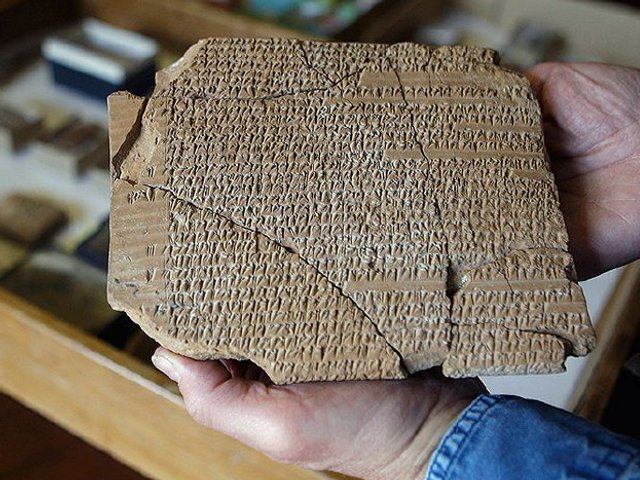The US government has asked a Chicago federal court to tread lightly in a lawsuit in which the victims of a suicide bombing in Israel are seeking Iranian antiquities from US museums as compensation for their injuries.
In a “statement of interest”, filed on 16 November 2007, the government asked the court to show restraint in deciding whether to allow the plaintiffs to demand information from Iran about all of its assets in the US, citing “continuing concerns about the foreign policy implications” of the lawsuit.
The plaintiffs, victims of a suicide bombing at a Jerusalem mall in 1997, won a default judgment of $423.5m against Iran in Washington, DC in 2003, after Iran failed to defend the lawsuit. The Palestinian organisation Hamas had claimed responsibility for the bombing, and the plaintiffs argued that Iran had supplied funds to Hamas. The victims have now sought to enforce their judgment by seeking to claim antiquities allegedly owned by Iran at US museums, including the Oriental Institute (OI) of the University of Chicago, and the Field Museum of Natural History.
The museums say that the art cannot be claimed, either because it does not belong to Iran, or because it is exempt under US law because Iran is a foreign sovereign nation.
Iran is asking the court for a declaration that the Iranian artefacts at the two Chicago museums are exempt from seizure. Generally, under the US Foreign Sovereign Immunities Act (FSIA), a foreign sovereign state may not be sued in US courts, and its assets are immune from being claimed in a lawsuit. But the FSIA provides a “terrorist exception” allowing lawsuits against state sponsors of terrorism, for damages from certain terrorist acts. In such cases, the foreign sovereign state’s assets may be claimed, if the assets have been used in the US in connection with a commercial activity.
Iran is arguing that it has never used the collections at the OI, which include 2,500 year-old Iranian seal impressions and cuneiform writings, or artefacts in the Field Museum “for a commercial activity” in the US.
The plaintiffs have claimed that the University of Chicago and the Field Museum conducted commercial activity by publishing and selling scholarly books on the artefacts in the US. But Iran says that its loan of works to the OI, “for academic research and not for profit”, is not a “commercial use”.
The government’s “statement of interest” is its third to the court in the lawsuit, all raising foreign policy concerns.
Originally appeared in The Art Newspaper as 'US government intervenes in case against Iran'


